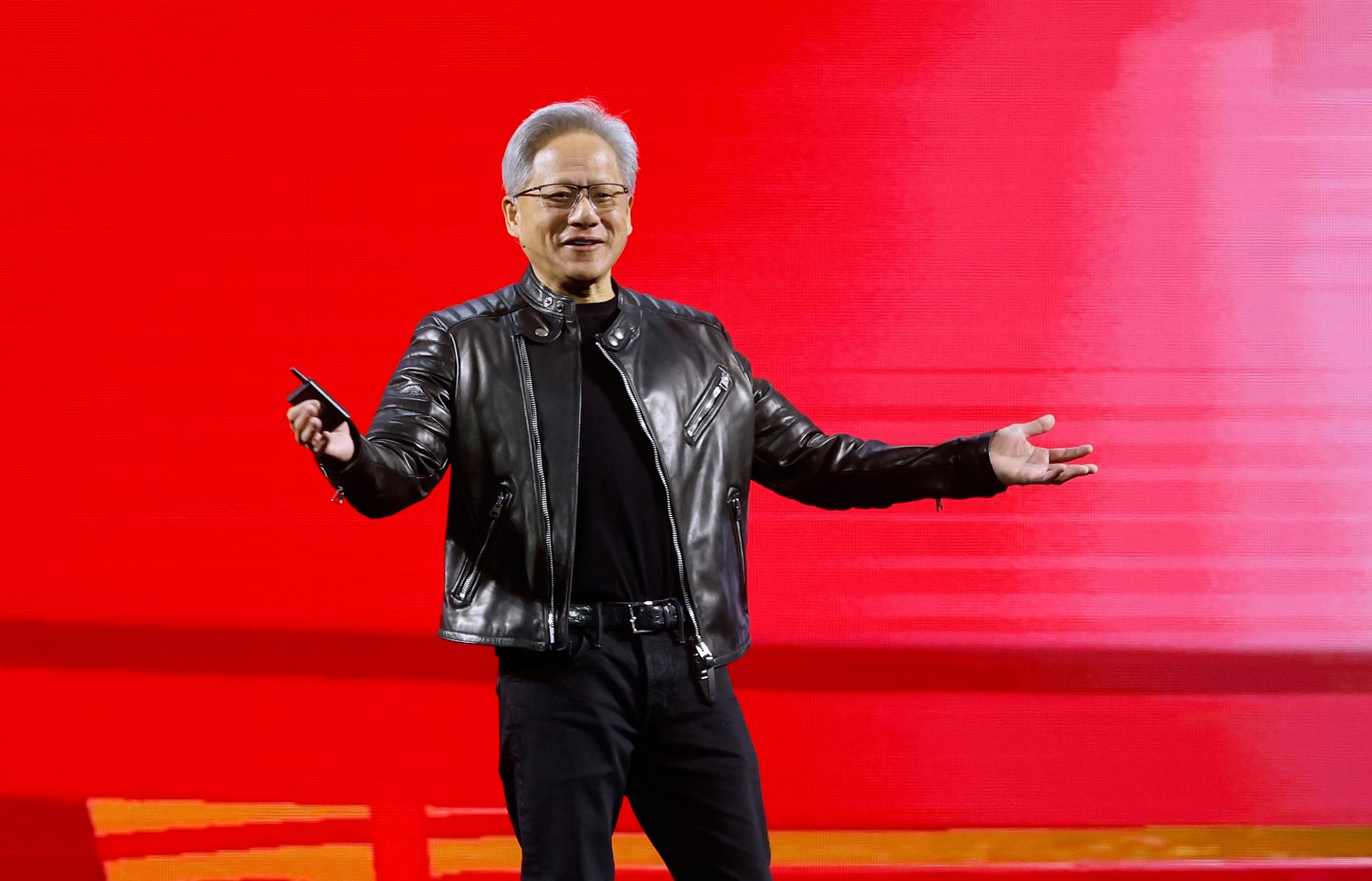Jamie Dimon, CEO of the world’s most valuable bank and architect of the “fortress balance sheet” that helped JPMorgan emerge unscathed from the 2008 financial crisis, believes investors are significantly downplaying the risk of a major market correction.
With stock market valuations and concentration at record highs, some high-profile tech leaders like OpenAI CEO Sam Altman as well as institutions such as the Bank of England have warned about froth in the market and the possibility that the AI bubble may soon burst. Dimon, who in his two decades at the helm of JPMorgan has built a reputation for operating cautiously and making smart business moves like the bargain purchase of First Republic Bank in 2023, warns the stock market isn’t appropriately pricing in the risk of a downturn.
“I am far more worried about that than others,” Dimon told the BBC in an interview published Wednesday. “I would give it a higher probability than I think is probably priced in the market and by others. So if the market’s pricing in 10%, I would price in—I would say it’s more like 30 [percent].”
Dimon, in his most recent comments, said the timing of the end of the rally is difficult to predict. It’s possible a stock market downturn could hit in six months. Yet the stock market rally could also hold on for another two years, he noted.
“Bull markets could go on a lot longer than you think,” he said.
The JPMorgan CEO said he has studied other periods of market euphoria like the dotcom crash, and found the only way to get a sense of when a bubble is coming to an end is through high valuations, otherwise: “It’s really impossible to tell the burst,” he said.
He acknowledged that by many measures valuations are high, which creates an element of risk. Part of what has led to this situation is the cheap money flowing into markets in recent years thanks to the ballooning national debt used to fuel stimulus as well as quantitative easing during the COVID pandemic.
Dimon added some of the investment in AI will “probably” be wasted money, and some investors in the technology may end up worse off.
“AI is real. AI in total will pay off, just like cars in total paid off, TV in total paid off,” Dimon said. “But most people involved in it didn’t do well.”
The current AI-fueled optimism has led the S&P 500 to 33 record highs in 2025, just short of the 57 record highs hit in 2024 with three months left in the year. In terms of stock concentration, the 10 largest companies in the S&P 500 now make up a record 40% of the index’s market capitalization. The S&P 500 is up about 14.8% year to date as of Thursday.













